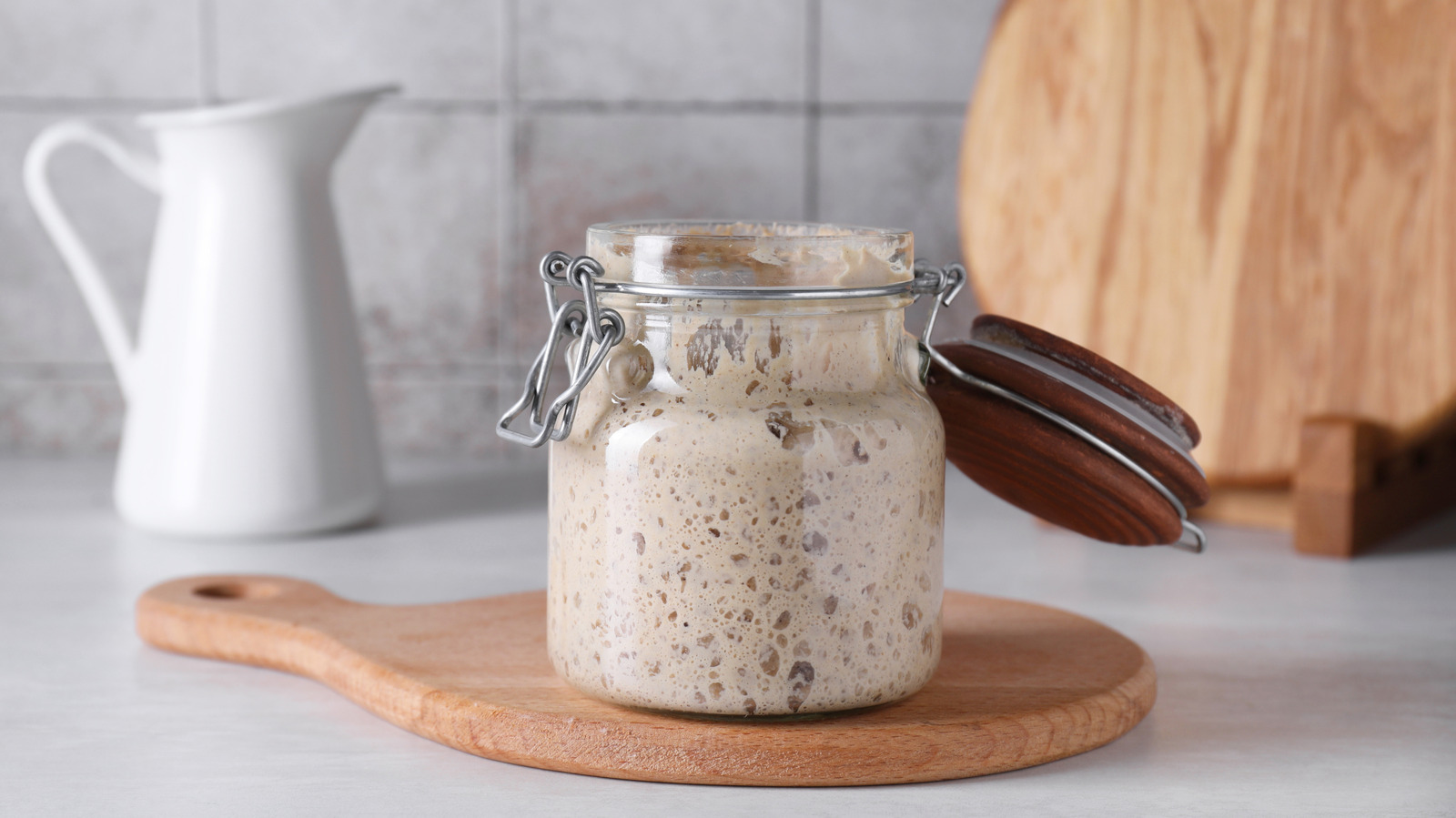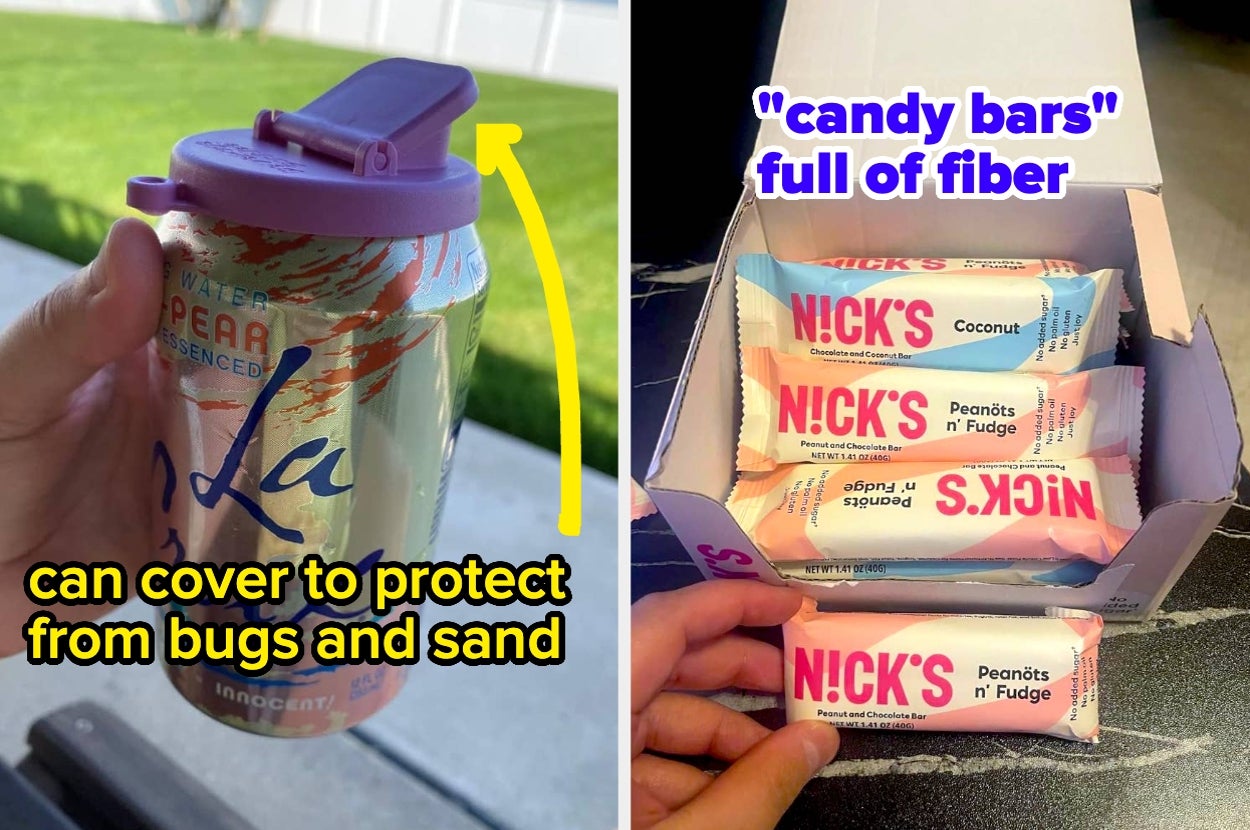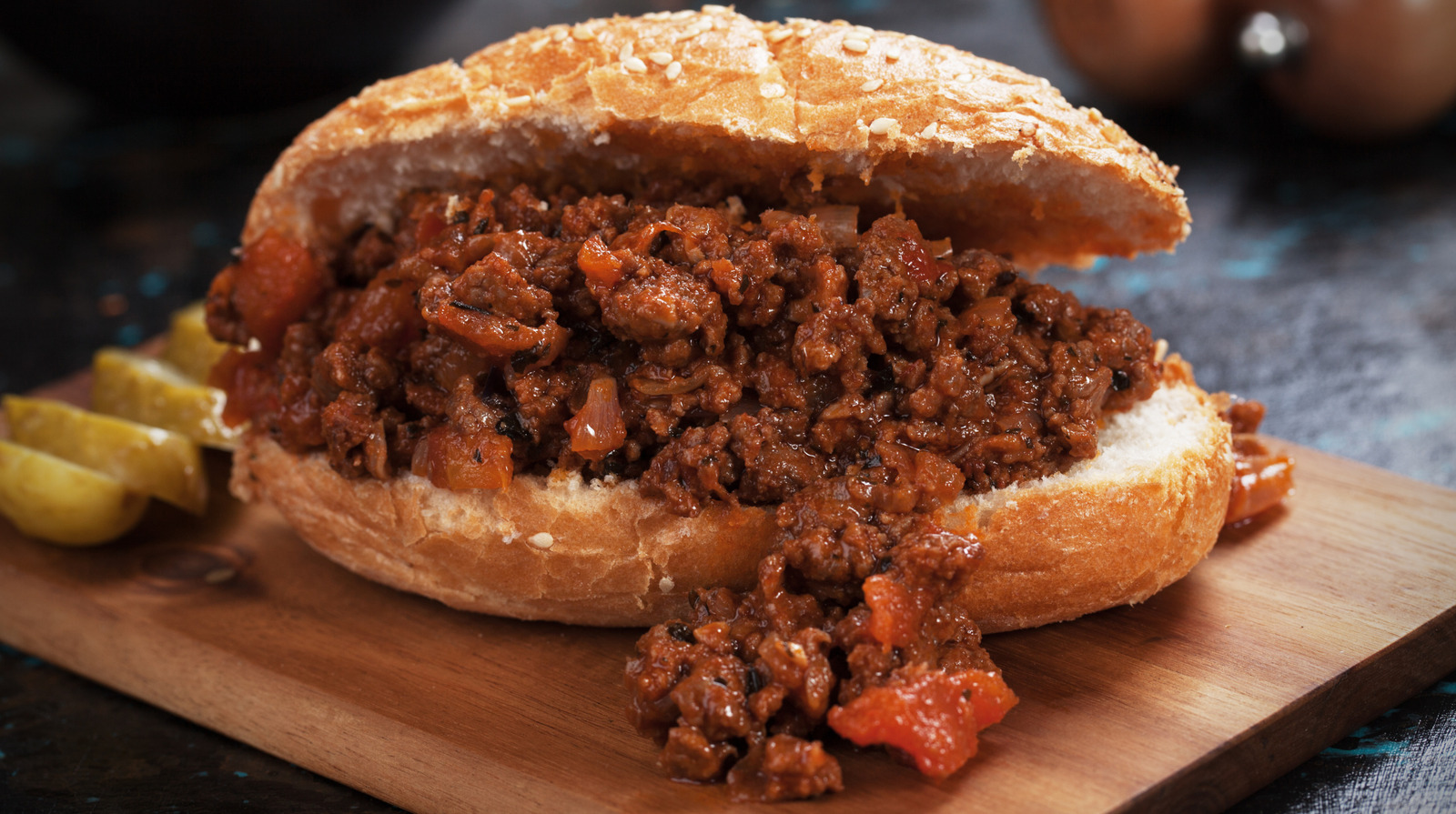Making sourdough at home is a pastime many amateur bakers enjoy. But, before you can bake any sourdough, you first need a sourdough starter. You can quite easily, but keeping it alive and in good condition requires that you do not feed it the wrong type of flour.
To find out what type of flour you should avoid feeding your sourdough starter, we spoke to Nathan Myhrvold, founder of Modernist Cuisine and co-author of " ," a comprehensive cookbook all about bread making. Myhrvold told The Takeout, "We've found that the following flours work best: bread flour; all-purpose flour; light, medium, or dark rye flour; 100% whole wheat flour; or a combination of any of these. We don't recommend using high-gluten flours; they contain less starch, which is the source of the simple sugars yeast and LAB [lactic acid bacteria] feed on.

" Aside from influencing how well-fed the yeast and lactic acid bacteria are, your choice of flour will also influence the flavor of your starter and, consequently, your baked loaf. Myhrvold noted, "Lactic acid has a more nuanced and elegant acidity to it while acetic acid is more astringent [..
.] Durum flour will produce a starter that has a sweeter, lactic acid flavor. With both whole wheat and rye flour, you'll find that acetic acid tends to dominate over lactic acid.
" As always, the best way to work out what you prefer is to experiment with feeding your starter different flours and evaluating how the resulting bread tastes. Just be sure to avoid high-gluten flours and keep your eyes peeled for . Use high-protein flour when making the dough Anyone who has dipped their toe into bread making will know that bakers often discuss the benefits and drawbacks to making dough using flours with different protein contents.
When it comes to this topic, Nathan Myhrvold has a very clear viewpoint. He told The Takeout, "Flours well suited to bread making are referred to as 'strong' flours and may be marketed as bread flour and/or high-protein flour. We like to use bread flour with 11–13% protein content to make many of our breads, including sourdoughs.
" Generally speaking, you shouldn't use all-purpose flour to make your bread dough; the variation in protein content is one of . When it comes to making your dough, using high-protein flour will ensure that there is plenty of gliadin and glutenin present in the mixture. This is extremely important as these proteins enable the dough to develop enough gluten as it is hydrated and kneaded.
This gluten plays an integral role in good sourdough. As Myhrvold said, "The more gluten a flour can produce, the more able the dough is to hold gas bubbles, and those gas bubbles are what gives bread an open crumb." In a nutshell, if you fail to use high-protein flour to make your dough, even the most well-fed sourdough starter will be unable to make your loaf rise as high as you'd like it to.
Recommended.
Food

The Type Of Flour You Should Avoid In Sourdough Starters

A sourdough starter is the key to baking delicious bread at home. We got some expert advice on the type of flour you should avoiding feeding your starter.















